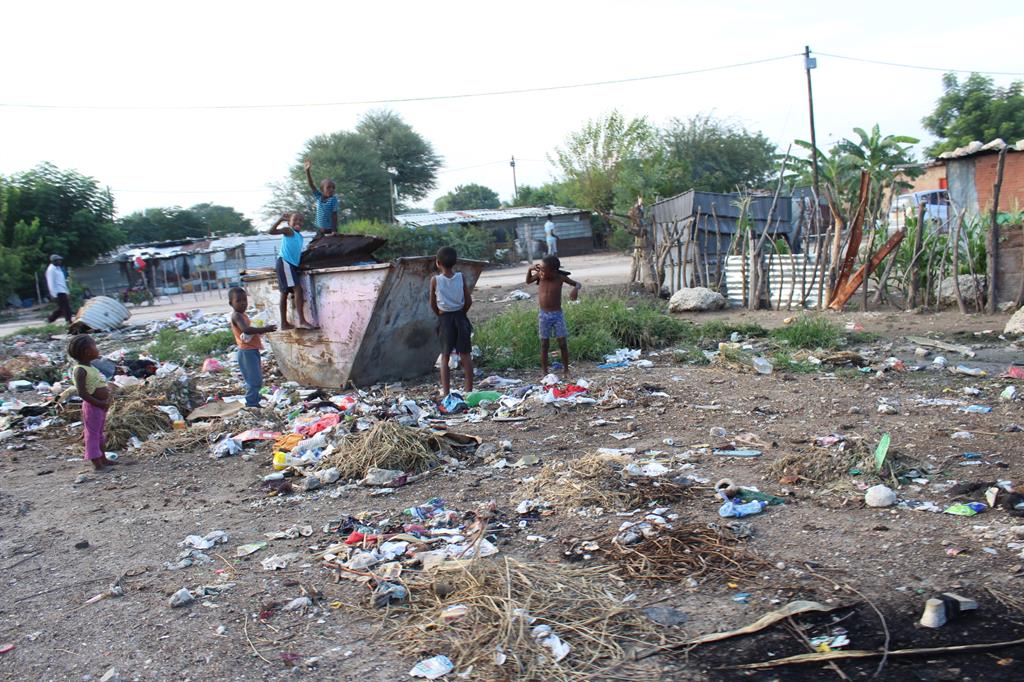Hepatitis E: 8 071 cases, 66 deaths
Kenya Kambowe
RUNDU
While Namibia is under siege of the Covid-19 pandemic, the country is also faced with hepatitis E, which has proven difficult to eradicate since it was detected in December 2017.
A total of 8 071 cases and 66 deaths have been reported as of 16 May.
This was revealed yesterday in Rundu during the commencement of a three-day meeting for health officials in the Kavango regions and the Cuando Cubango province of Angola.
Angolan nationals in the southern part of that country often turn to health facilities in Namibia; however, that has not been possible since Angola closed its borders due to the pandemic.
There are, however, still those with serious health issues who are using either gazetted or non-gazetted entry points to enter the country in search of healthcare services.
Cross-border relations
When the hepatitis E outbreak was confirmed in December 2017, it was described as a rare occurrence, with the last outbreak having been reported at Rundu between 1995 and 1996.
According to Kavango West health director Fransiska Hamutenya, the two Kavango regions accounted for 164 cases and three deaths since the start of the outbreak in 2017.
She said the meeting between the stakeholders is to strengthen cross-border relations in the fight against the disease.
In January 2018, a World Health Organisation (WHO) risk assessment report identified poor living conditions in informal settlements as a key factor in the spread of the hepatitis E.
“These areas are overcrowded and have limited access to safe drinking water, sanitation and hygiene,” the report stated.
Another warning was that holiday seasons increase the movement of people within the country.
“All of these could be major contributing factors to this outbreak,” the report read.
Meanwhile, the rainy season also increases the risk of hepatitis E infection as “people often use rainwater or other surface water for drinking and domestic uses”.
Ignorance
Kavango East governor Bonifatius Wakudumo said diseases are claiming the lives of those who are ignorant.
“The diseases that are killing and maiming our people could come as a result of ignorance.
“The ignorance relates to limited exposure and inaccessibility to potential and beneficial infrastructure as well as public services, which could improve the quality of life of our people alongside the common border,” he remarked.
[email protected]
RUNDU
While Namibia is under siege of the Covid-19 pandemic, the country is also faced with hepatitis E, which has proven difficult to eradicate since it was detected in December 2017.
A total of 8 071 cases and 66 deaths have been reported as of 16 May.
This was revealed yesterday in Rundu during the commencement of a three-day meeting for health officials in the Kavango regions and the Cuando Cubango province of Angola.
Angolan nationals in the southern part of that country often turn to health facilities in Namibia; however, that has not been possible since Angola closed its borders due to the pandemic.
There are, however, still those with serious health issues who are using either gazetted or non-gazetted entry points to enter the country in search of healthcare services.
Cross-border relations
When the hepatitis E outbreak was confirmed in December 2017, it was described as a rare occurrence, with the last outbreak having been reported at Rundu between 1995 and 1996.
According to Kavango West health director Fransiska Hamutenya, the two Kavango regions accounted for 164 cases and three deaths since the start of the outbreak in 2017.
She said the meeting between the stakeholders is to strengthen cross-border relations in the fight against the disease.
In January 2018, a World Health Organisation (WHO) risk assessment report identified poor living conditions in informal settlements as a key factor in the spread of the hepatitis E.
“These areas are overcrowded and have limited access to safe drinking water, sanitation and hygiene,” the report stated.
Another warning was that holiday seasons increase the movement of people within the country.
“All of these could be major contributing factors to this outbreak,” the report read.
Meanwhile, the rainy season also increases the risk of hepatitis E infection as “people often use rainwater or other surface water for drinking and domestic uses”.
Ignorance
Kavango East governor Bonifatius Wakudumo said diseases are claiming the lives of those who are ignorant.
“The diseases that are killing and maiming our people could come as a result of ignorance.
“The ignorance relates to limited exposure and inaccessibility to potential and beneficial infrastructure as well as public services, which could improve the quality of life of our people alongside the common border,” he remarked.
[email protected]






Comments
Namibian Sun
No comments have been left on this article